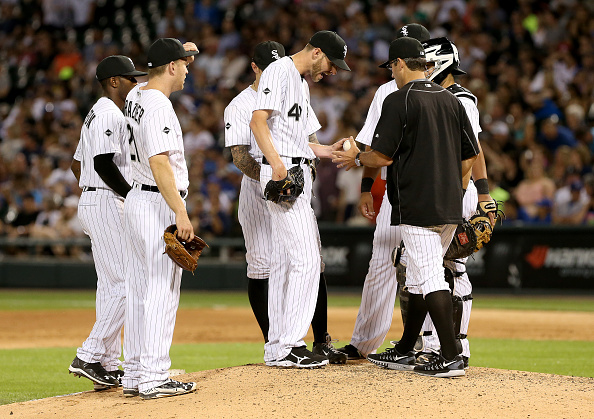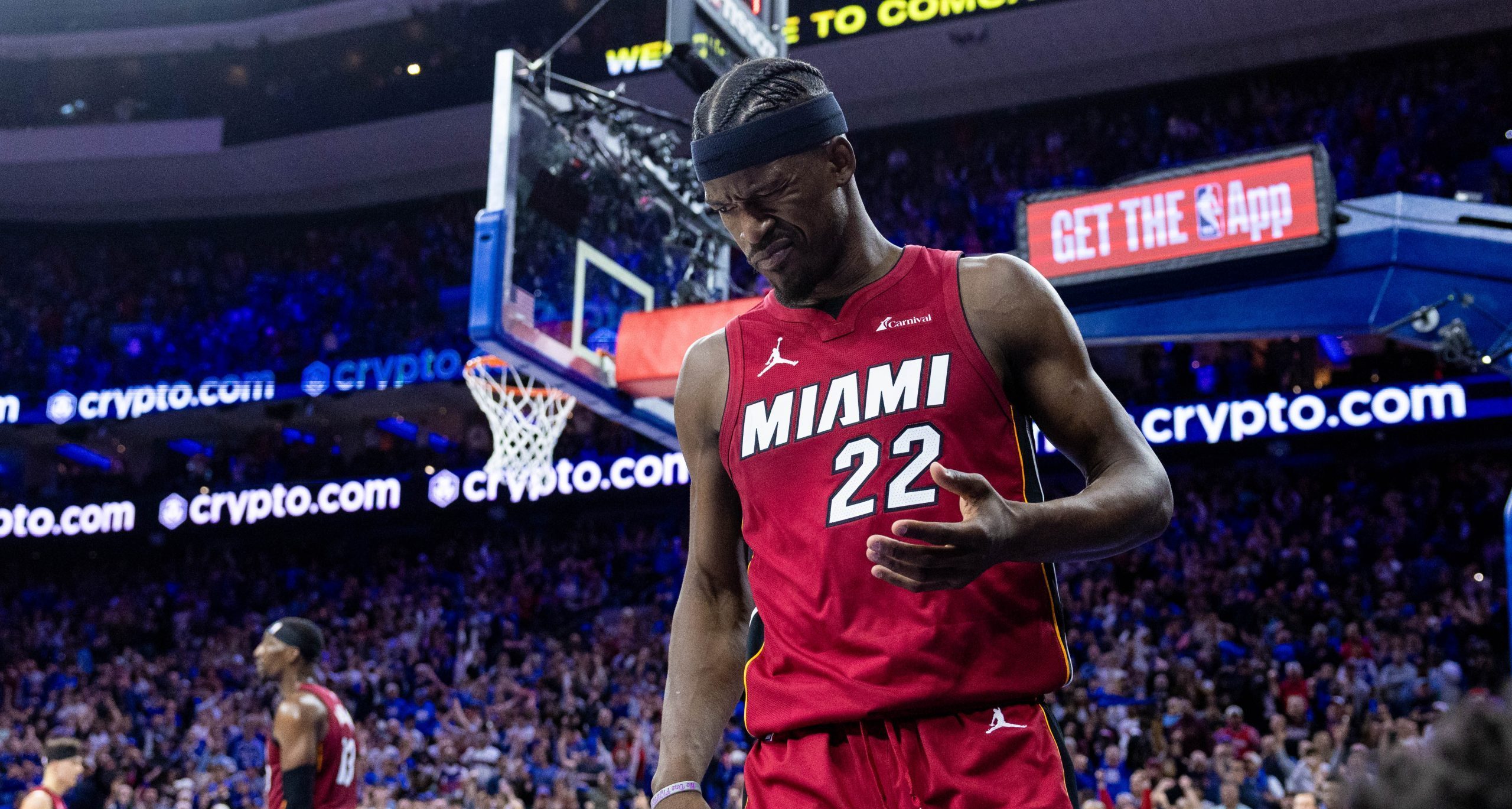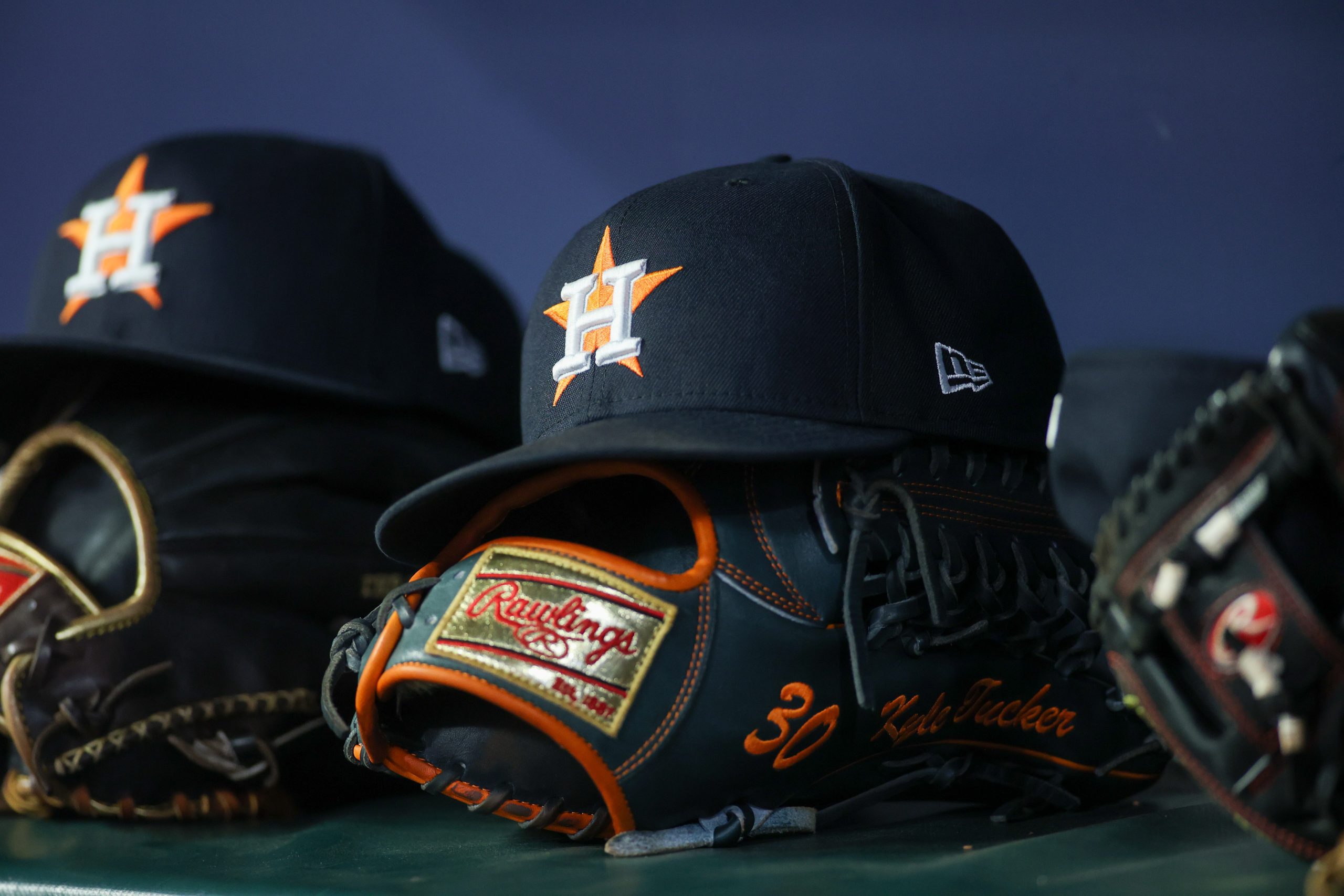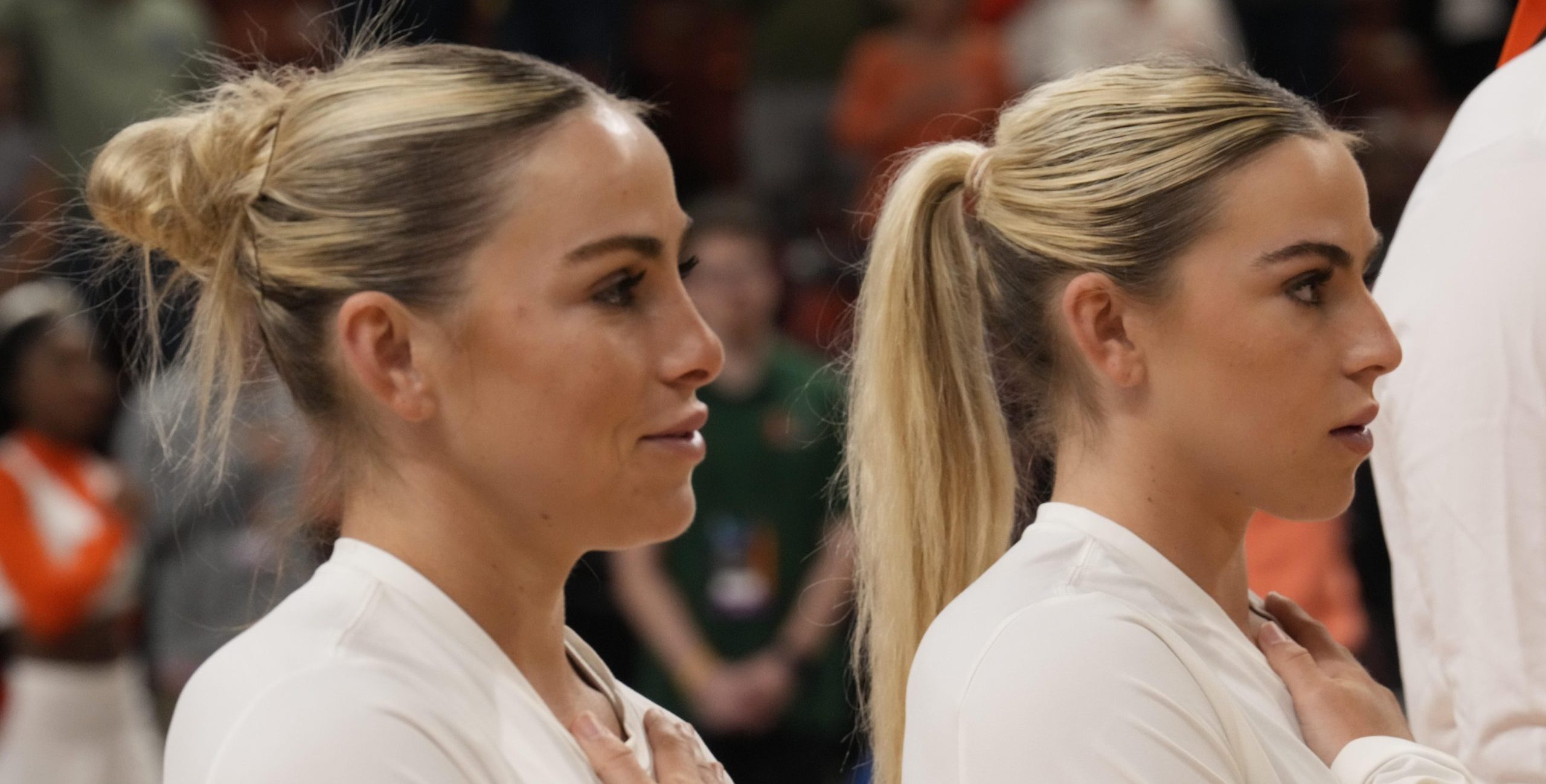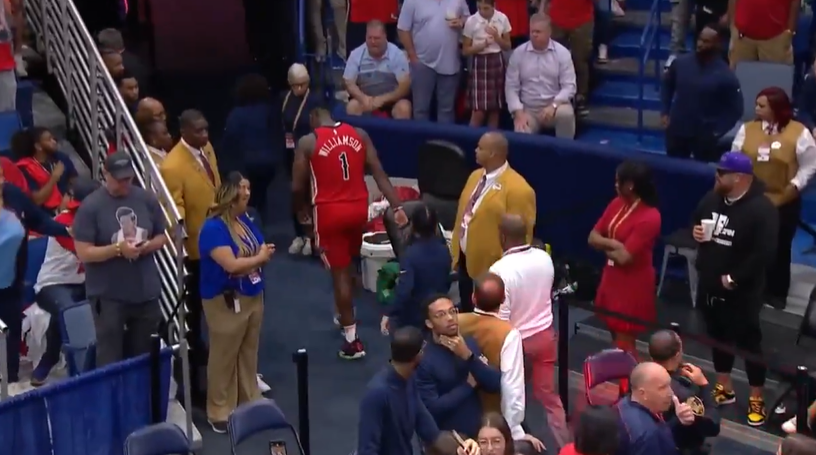It’s been quite an interesting few days for Chicago White Sox clubhouse-related stories.
By now you likely know of White Sox ace Chris Sale being sent home on Saturday — on a day he was supposed to start — and then being suspended five days by the organization, after literally cutting up White Sox throwback uniforms so that the team couldn’t wear them.
And now, we have a story about the White Sox recently protesting the Seattle Mariners’ clubhouse dues policy at Safeco Field. Fox Sports‘ Ken Rosenthal reports that the White Sox disagreed with a new Mariners clubhouse dues policy “that redirects 60 percent of the dues into an account managed by the team”:
The White Sox players left Seattle on July 20 without paying clubhouse dues and tips, objecting to a new Mariners policy that redirects 60 percent of the dues into an account managed by the team, according to major-league sources.
Clubhouse attendants long have been part of baseball’s hidden fabric, serving players’ various needs. The players, in turn, consider “clubbies” an extension of the player fraternity and often tip them generously.
The White Sox players withheld their money because Mariners management unilaterally entered a financial relationship that historically has existed between only players and “clubbies,” sources said.
Rosenthal explains how players usually pay $50 for their dues and tip above that for the clubhouse attendants’ work. With the Mariners’ policy, the clubhouse manager is getting 40% of the dues and the other 60% is reallocated to the team, for what Seattle general manager Jerry DiPoto told Rosenthal, “helps pay for food and the salaries of clubhouse assistants”:
Most teams allow the visiting clubhouse manager to handle dues as well as individual tips. The clubhouse manager uses the money to purchase food and other items for the players and redistributes a percentage of the tips to his assistants.
The Mariners’ policy allows Bopp to receive 40 percent of the dues plus all of the tips, in addition to his salary from the club, Dipoto said. The other 60 percent of the dues helps pay for food and the salaries of clubhouse assistants.
DiPoto admitted that other teams have also commented on the policy, but that the White Sox were the first team to not pay.
Chris Sale (surprise, surprise) and White Sox outfielder Adam Eaton were among a group of players that actually met with Mariners assistant general manager Jeff Kingston showing their displeasure over the policy. It will be interesting to see if any additional teams protest this policy, and if the Mariners will make an adjustment on it.

